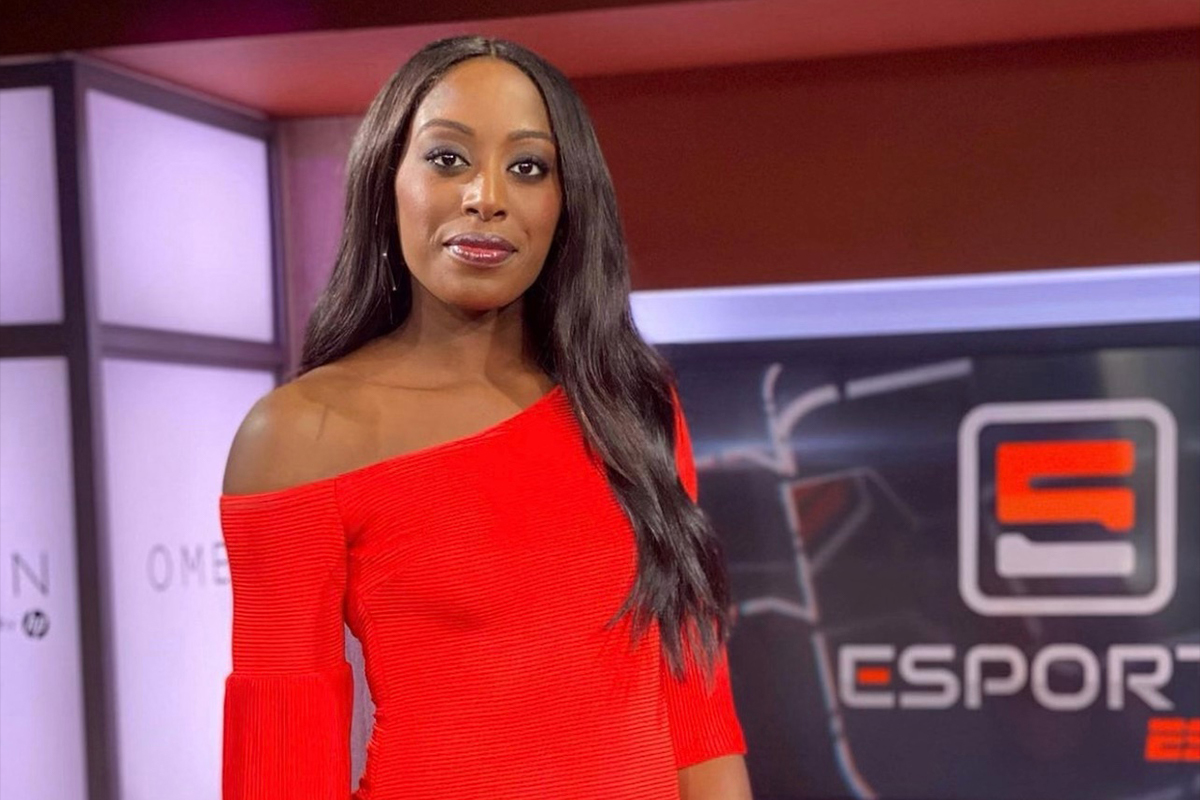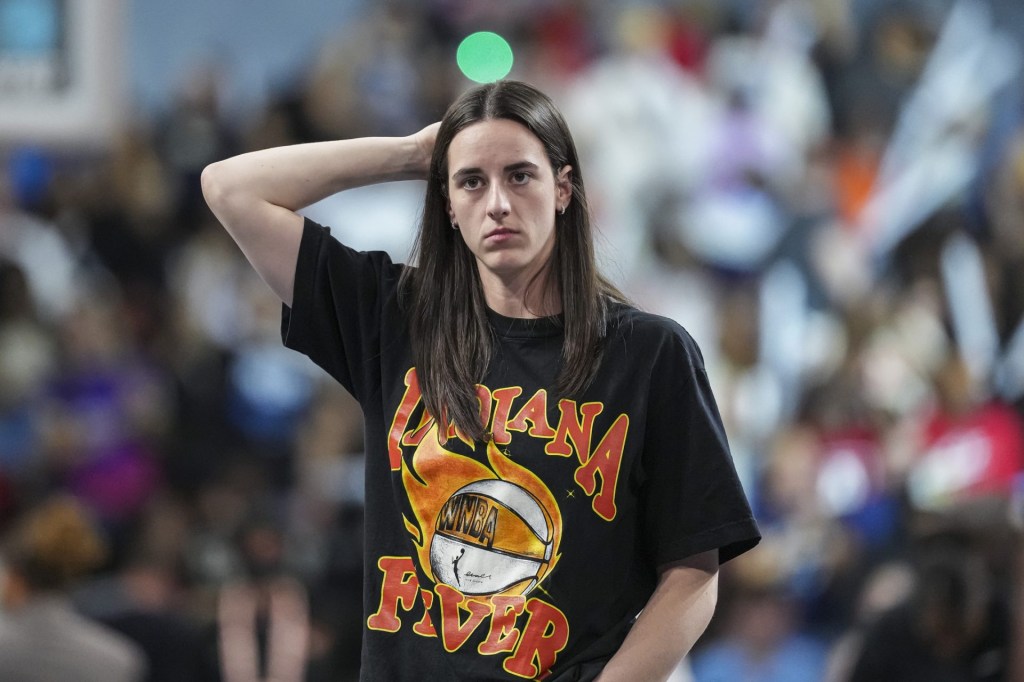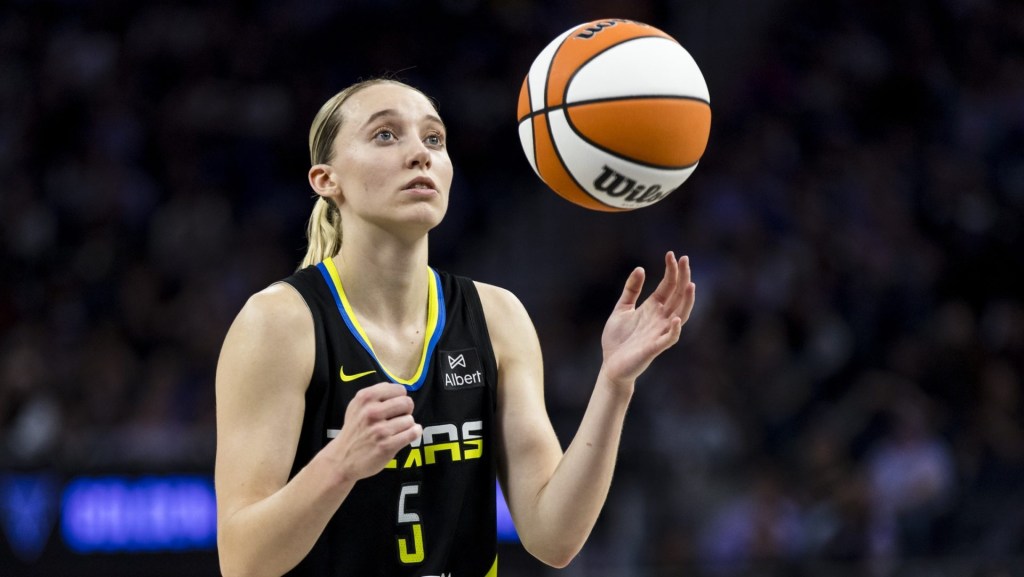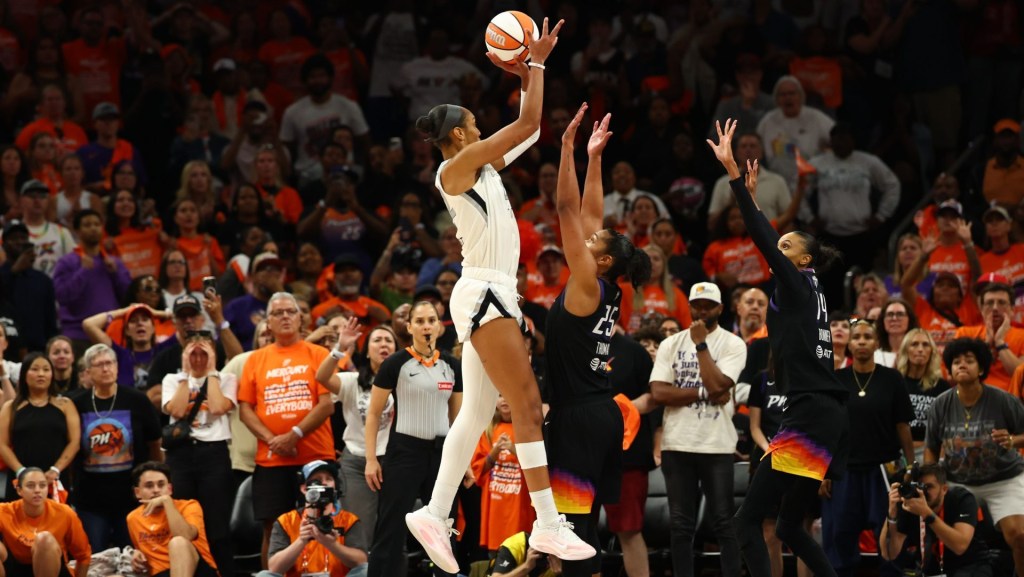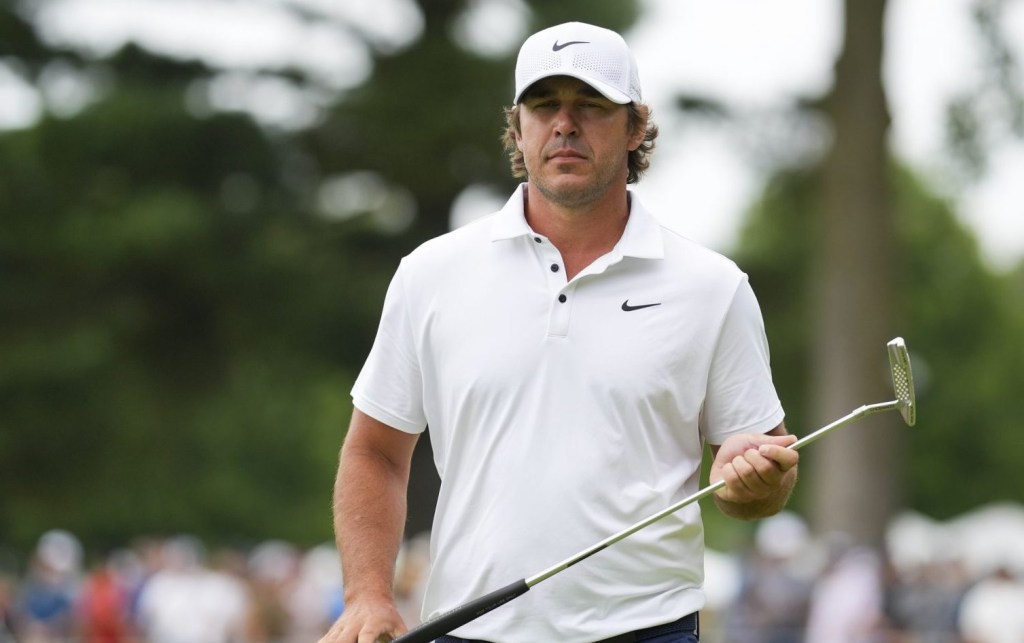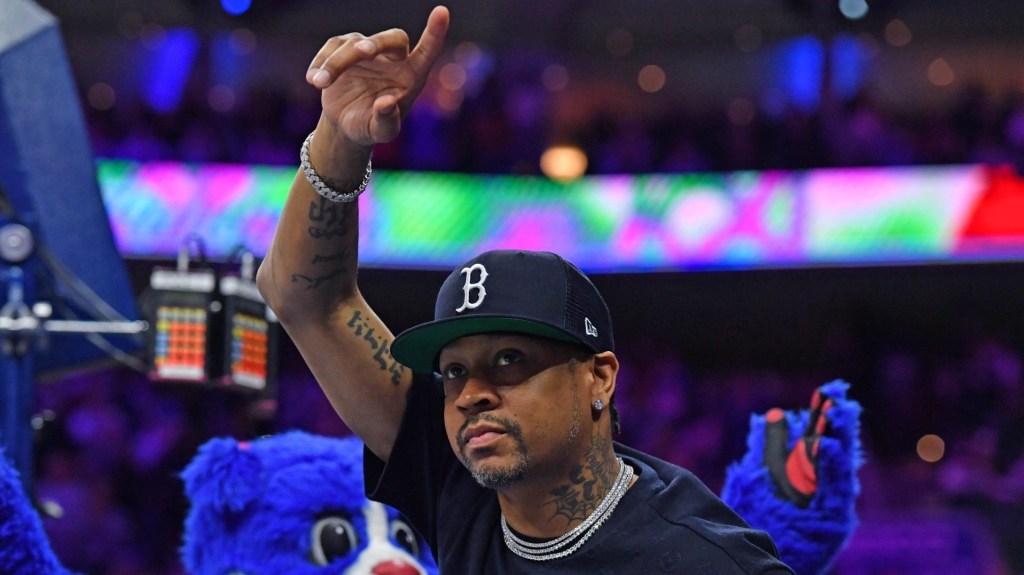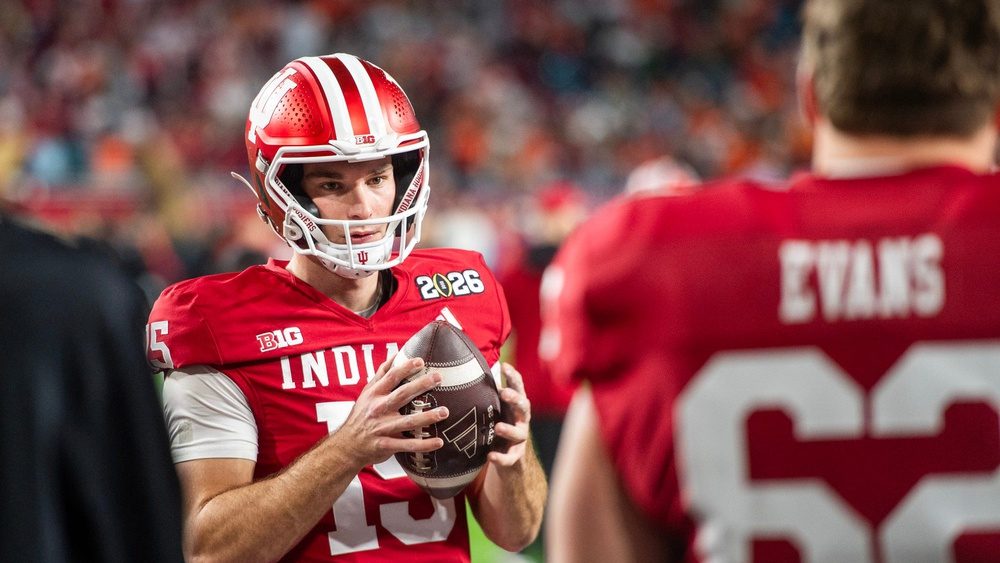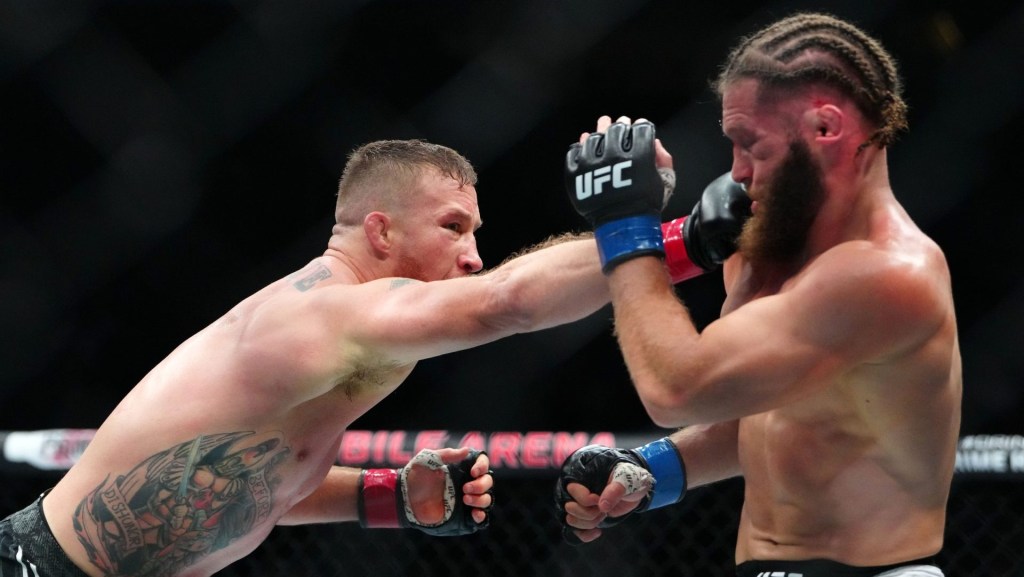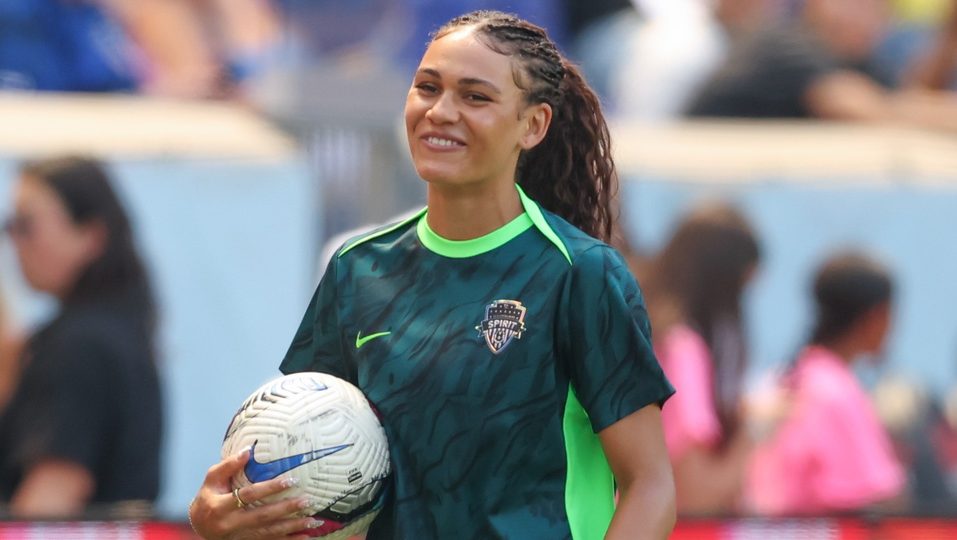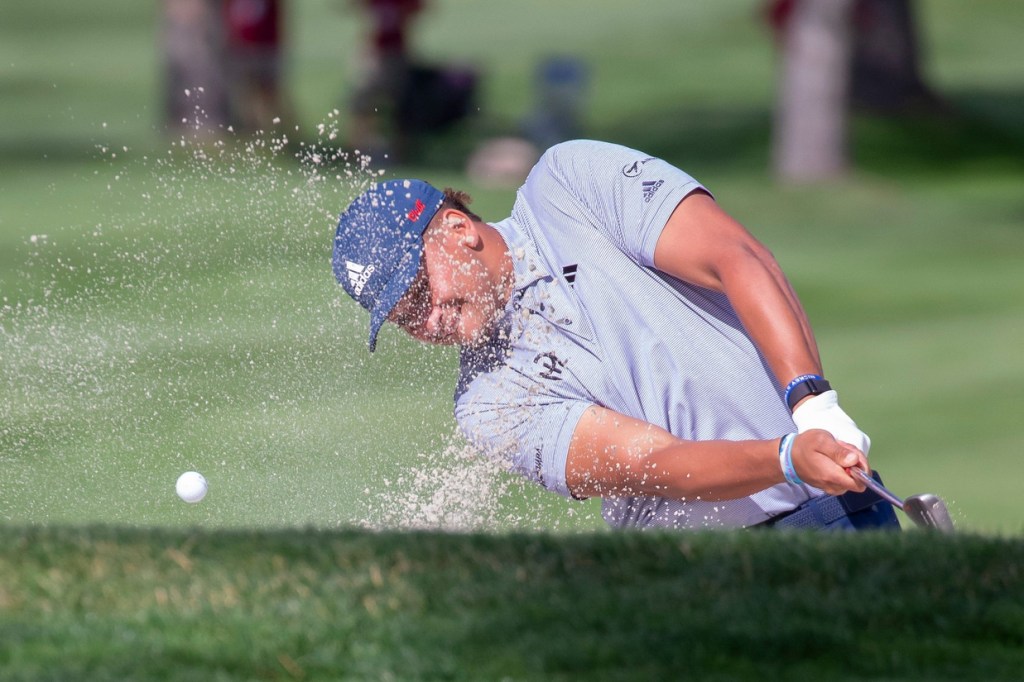Chiney Ogwumike first made a name for herself when she made three Final Four appearances with Stanford. Since then, some may argue that the two-time WNBA All-Star’s success off the court is as impressive as her presence on it.
The No. 1 pick in the 2014 WNBA draft, the Los Angeles Sparks power forward continues to add more “firsts” to her resume. In 2018, Ogwumike signed a multiyear contract with ESPN, becoming one of the youngest commentators to be named a full-time NBA analyst. In 2020, she became the first Black woman and WNBA player to host a national radio show for the network.
Not only is the McDonald’s All-American behind the camera, in the studio, and on the court, but Ogwumike is a businesswoman, too. Making an average of $114,695 per season in the WNBA, per Spotrac, Ogwumike has built a 7-figure enterprise through her business ventures, speaking engagements, broadcast opportunities, and partnerships, according to her agent, Allison Galer. Galer also said Ogwumike was able to take a pay cut in her salary thanks to her other jobs, putting her team in a position to win.
“It takes sacrifice,” Ogwumike told Front Office Sports. “People don’t see the sacrifice women give to get to that same level. My family has come to terms with the fact that I will not [always be able to] pick up their calls due to my constant schedule of working, prepping for shows, and being on air.”
The 29-year-old’s opportunities weren’t handed to her. She saw success in her “car-wash” appearances across ESPN platforms shortly following the 2014 draft.
“The way I’ve approached partnership is taking opportunity over compensation,” she said. “Prove ourselves as valuable, and then the compensation comes.”
She was right. Ogwumike started working as a women’s college basketball analyst at ESPN before being offered a position as a host for SportsCenter Africa in 2017. The next year, she became a full-time NBA analyst.
“It was a blessing that she got drafted to Connecticut because of its proximity to ESPN,” Galer, who’s been representing Ogwumike since the start of her pro career, told Front Office Sports. “All she needs is an opportunity.”
Being the first Black woman to host a radio show for ESPN, Ogwumike, who is also a WNBPA vice president, understands the significance of the role she holds.
“I am definitely not the first Black woman with a powerful position, but I’m grateful to be in a space where you can hear my voice,” she said.
“When I go on TV, people may not know who I am, they might just see a Black woman having fun, and that may be unusual to people watching,” Ogwumike said about covering the NBA. “What I appreciate about this [radio] position is radio is first and foremost.”
The Stanford grad knows her way around business, too, securing deals with adidas, AT&T, and DoorDash — the latter making her the first WNBA player in over a decade to have a solo, non-basketball commercial.
“Chiney is blazing her own trail of entrepreneurship with broadcast, basketball, and now business, and is dedicated to the mission of opening up opportunities for women worldwide alongside DoorDash,” the company’s announcement said.
As if the partnership wasn’t already impressive, Ogwumike also helped with the spot’s creative direction, adjusting the script to fit her own voice.
“Authenticity is the best thing — it matters,” she said. “If you want to deliver the best product, authenticity sells.”
Ogwumike began her partnership with adidas in 2017 and has since headlined the Eastbay x adidas ConqHer campaign — a movement to empower women — that launched in December. Being a woman in sports, Ogwumike wants to help lead the way for more WNBA partnerships similar to her own.
“What we’ve seen is there are people who want to support but don’t know how,” she said. “We [as a league] would love to double down on that investment and find creative ways to push the boundaries of women and sports. That’s where we start — with the partnerships.”
WNBA Commissioner Cathy Engelbert agrees — the WNBA has lost more than $10 million per year since its inception.
“We have a valuation problem here,” Engelbert told The Washington Post. “And it starts with marketing and partnerships.”
If anyone knows about highlighting women’s sports, it’s Chiney. After opting out of the regular season last year due to health concerns and with support from her team, Ogwumike proposed the idea of filming the WNBA’s bubble season — one set in the middle of a pandemic and social justice movement.
“In 2020 we were all challenged in a way that we didn’t see coming,” Ogwumike said. “For me personally, in my journey as a broadcast and player, I was uniquely positioned to bring people together. We wanted to amplify a story that is going to be transformational and hopefully shed a light on something that’s so important.”
After bringing her two employers, the WNBA and ESPN, together, she was given the green light. The film, which includes Ogwumike as an executive producer, highlights the league’s activism surrounding social justice and the Black Lives Matter movement throughout the season. It also hits on the election, including the removal of previous Atlanta Dream owner Sen. Kelly Loeffler from office. The ESPN documentary comes out next month, but it won’t be Chiney’s last time behind the camera.
“I want to continue to tell more stories and keep pushing boundaries in broadcast and business,” she said. “It takes a full-court press to get their attention for the right reasons, and we are sitting on a treasure trove of stories that haven’t been prioritized.”
